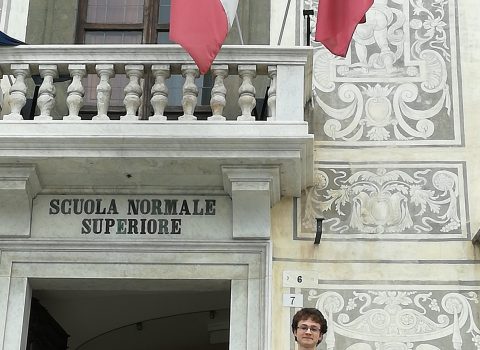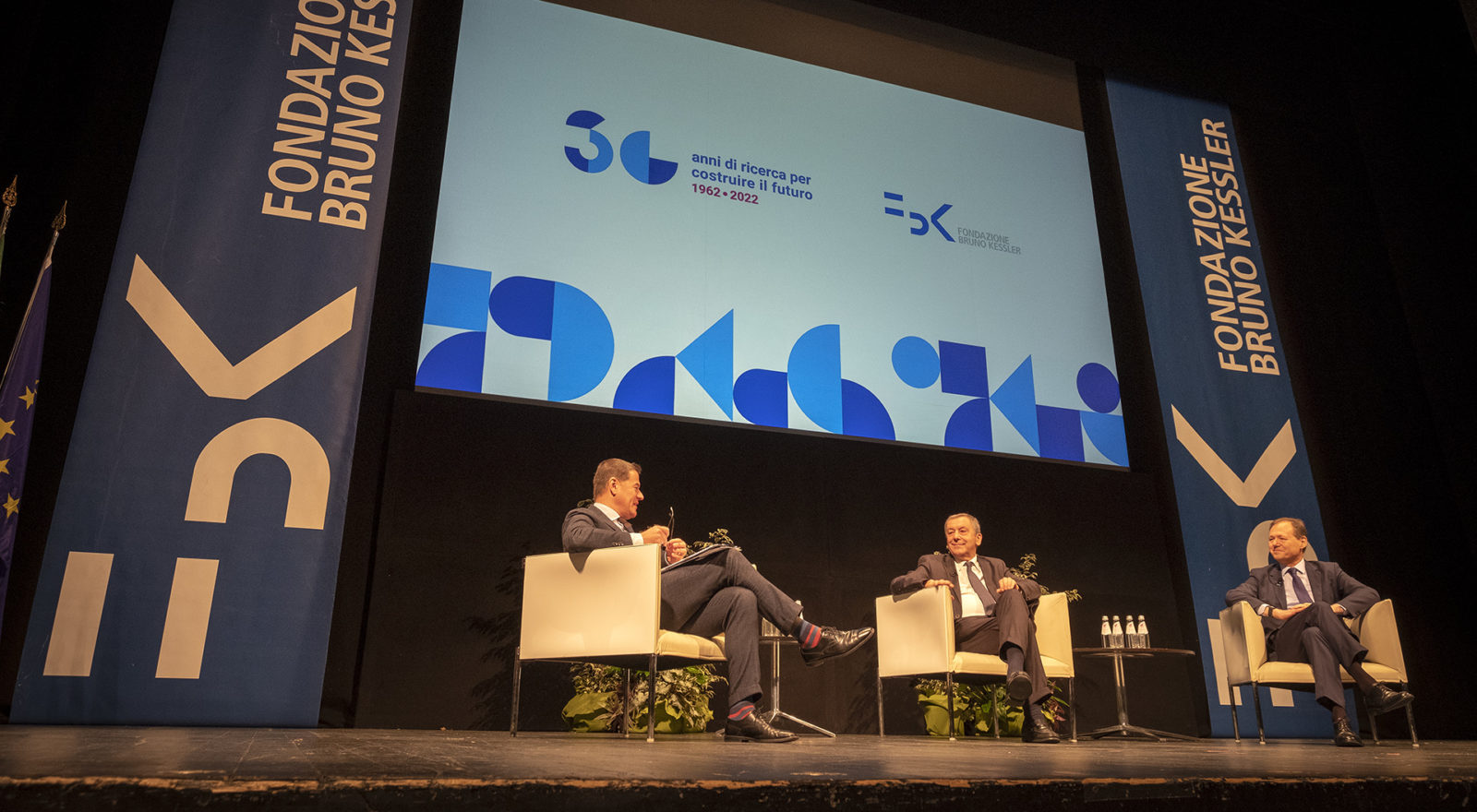
Sixty years of Fondazione Bruno Kessler. The future asks us to allow for the communication of science
We, at Fondazione Bruno Kessler, celebrated our sixtieth birthday. Since it is an institution and not a person, it would not be an overstatement if we wrote "one thousand" instead of "one hundred of these days."
We celebrated it on Saturday, November 5, with a hybrid event – as we have learned to do over the past two and a half years – in person at the Teatro Sociale Theater in Trento and online on the Foundation’s Youtube channel.
We listened to many authoritative voices reasoning about the past, present and future of research; the many voices meant as many stimuli, and here we take just one. “Knowledge is exempt from duty,” said FBK President Francesco Profumo to introduce the topic of the internationality of research. An unchallengeable statement, which brought to mind an aphorism by George Bernard Shaw: “If you have an apple, and I have an apple, and we exchange them, then you and I always have one apple. But if you have an idea, and I have an idea, and we exchange them, then we both have two ideas.”
Just to give credit to the pen to which we owe this aphorism, Shaw was able to win both the Nobel Prize in Literature (1925) and the Oscar for best non-original screenplay for the film Pygmalion (1939)… in short, he knew a lot about knowledge.
The two points are crucial for those of us who are involved in research and it would be advisable that it became crucial on an ever larger scale: truly, knowledge is capable, like nothing else, of moving beyond all frontiers and enriching anyone who taps into its source. Just think of the innovation impact to the advancement of knowledge ensured by the many researchers engaged in hard, human and social sciences who fled Nazi Germany and were able to make their contributions despite exile.
Researchers have a heavy responsibility: to affirm and remember the freedom and strength of their work in different contexts and ways, with languages that can speak to anyone. Let us keep this critical point in mind when reasoning about the future of research, both for those involved in it here and now, and for the new generations, who will find themselves responding to the urgencies typical of any educational journey. A focus on finding appropriate, correct and effective ways of communicating science is needed and will be needed. We are not afraid of complexity; let us learn to explain it, though: it is one of our tasks.

